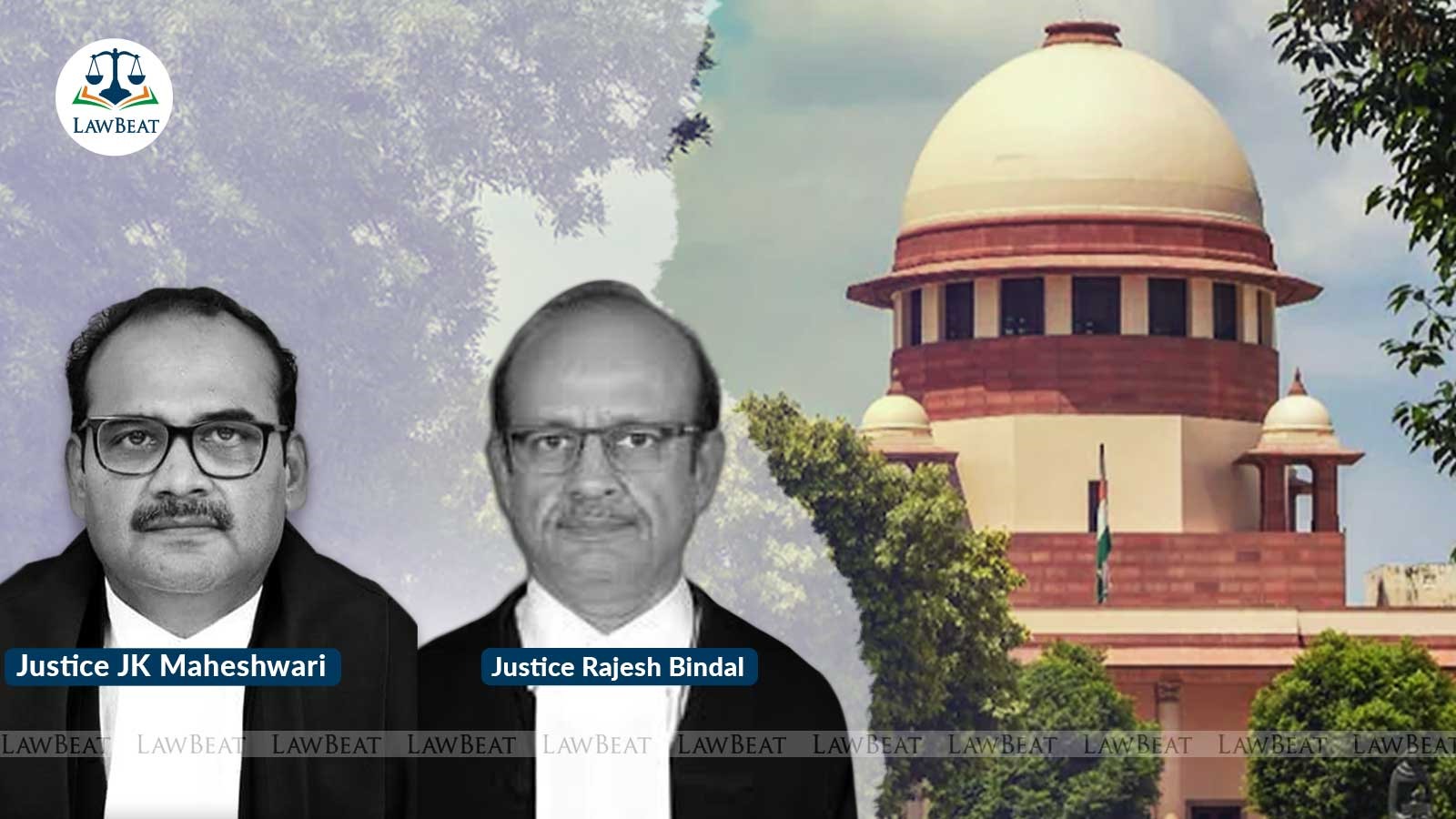Grant-in-aid institute can't be told to pay retiral dues for defending dismissal of delinquent employee: SC

SC said there is no exception provided in the Scheme to enable the State to deny payment of retiral benefits to an employee of the Grant-in-Aid Institution under certain circumstances and shift the burden on the institution
The Supreme Court has said a grant-in-aid educational institution cannot be burdened with the payment of retiral benefits of a delinquent employee just because it kept on fighting litigation to defend its decision to dismiss him in order to maintain discipline.
A bench of Justices JK Maheshwari and Rajesh Bindal allowed an appeal filed by Nutan Bharti Gram Vidyapith against the Gujarat High Court's order of April 21, 2023 in review petition by the state government.
The court held the state government liable to pay the retiral dues to the lecturer. "It is not a matter of dispute that the appellant is an institution entitled to Grant-in-Aid and the employees thereof are entitled to pensionary benefits in terms of the Scheme," the bench said.
Court noted the only argument raised by the counsel for the State is regarding conduct of the appellant in fighting litigation after the State had directed reinstatement of the lecturer and finally settling the matter before the High Court.
"In our opinion, the same cannot be fatal for the appellant and burden it with the retiral benefits whereas the Scheme provides for otherwise. There is no exception provided in the Scheme to enable the State to deny payment of retiral benefits to an employee of the Grant-in-Aid Institution under certain circumstances and shift the burden on the institution," the bench said.
According to the facts of the matter, the lecturer was issued charge sheet on August 7, 1993 and dismissed from service on June 6, 1994 upon inquiry on charges of misconduct.
The court, however, said there were serious charges against the lecturer, which included inter alia instigation of students to go on strike, improper behaviour with the co-employees, attempt to pollute the atmosphere in the institution, violation of rules and regulations of the institution and involvement in the activities which may cause damage to the institution. Out of 30 charges, 10 were proved.
After inquiry, with a view to maintain discipline in the institution, it was found appropriate that the lecturer be dismissed from service. However, the appellate authority found the charges established to be trivial in nature and opined that those should have been sorted out. The appellate authority found that the punishment of dismissal is too harsh and the issues could have been resolved by way of discussion, the bench pointed out.
"The appellant, keeping in view the discipline in the institution, thought it appropriate to challenge the same. In such circumstances, it cannot be opined that its conduct was such that it should be burdened with the retiral benefits of delinquent employee. It is not the opinion of the appellate authority or any Court that the action taken by the appellant against the lecturer was without jurisdiction," the bench said.
The court thus modified the High Court's order and held the state liable to pay the retiral dues to the lecturer.
